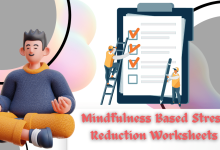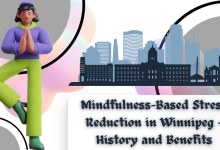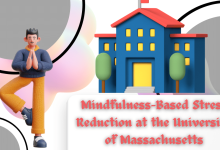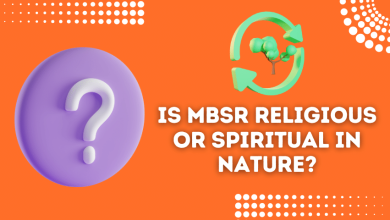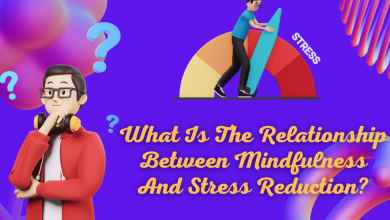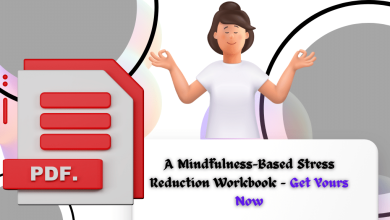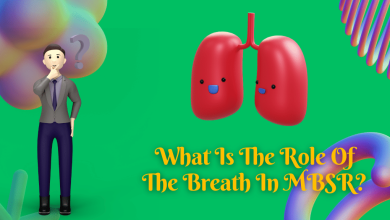Can MBSR Help With Aging And Cognitive Decline?
Yes, MBSR can help with aging and cognitive decline.
Mindfulness-Based Stress Reduction (MBSR) is a mindfulness-based program developed by Jon Kabat-Zinn in the 1970s.
The program has been shown to be effective in reducing stress, anxiety, and depression.
In recent years, studies have also suggested that MBSR can have a positive impact on aging and cognitive decline.
In this article, we will explore the ways in which MBSR can help with aging and cognitive decline and provide examples to best explain it.
How Can MBSR Help With Aging And Cognitive Decline?
1. Reducing stress and anxiety
Stress and anxiety are major contributors to cognitive decline and aging.
Chronic stress can lead to inflammation and the release of cortisol, which can damage the brain’s cells and impair cognitive function.
MBSR has been shown to reduce stress and anxiety, which can help to protect the brain from damage and slow down cognitive decline.
2. Improving Cognitive Function
Studies have suggested that MBSR can improve cognitive function in older adults.
A study published in the Journal of Gerontology: Psychological Sciences found that older adults who participated in an MBSR program showed significant improvements in working memory, executive function, and attention compared to a control group.
3. Promoting Neuroplasticity
Neuroplasticity is the brain’s ability to change and adapt in response to new experiences.
As we age, neuroplasticity declines, which can lead to cognitive decline.
MBSR has been shown to promote neuroplasticity and increase the gray matter in the brain, which can improve cognitive function.
4. Improving Sleep Quality
Sleep is important for cognitive function and overall health.
Poor sleep quality is associated with cognitive decline and aging.
MBSR has been shown to improve sleep quality, which can help to protect the brain from damage and slow down cognitive decline.
Real-life Scenario On Aging Cognitive Decline
Sara is a 65-year-old retired teacher who has been experiencing memory problems and difficulty with concentration.
She has also been feeling more anxious and stressed than usual.
She decides to try MBSR after hearing about its potential benefits for cognitive function and aging.
After completing the 8-week program, Sara reports feeling less stressed and anxious. She also notices improvements in her memory and concentration.
She finds herself more focused and able to complete tasks with greater ease.
Overall, Sara feels more relaxed and at ease, and she is grateful for the positive impact that MBSR has had on her life.
Conclusion
MBSR can help with aging and cognitive decline by reducing stress and anxiety, improving cognitive function, promoting neuroplasticity, and improving sleep quality.
While more research is needed to fully understand the benefits of MBSR for aging and cognitive decline, current studies suggest that it can be a valuable tool for promoting brain health and overall well-being.
